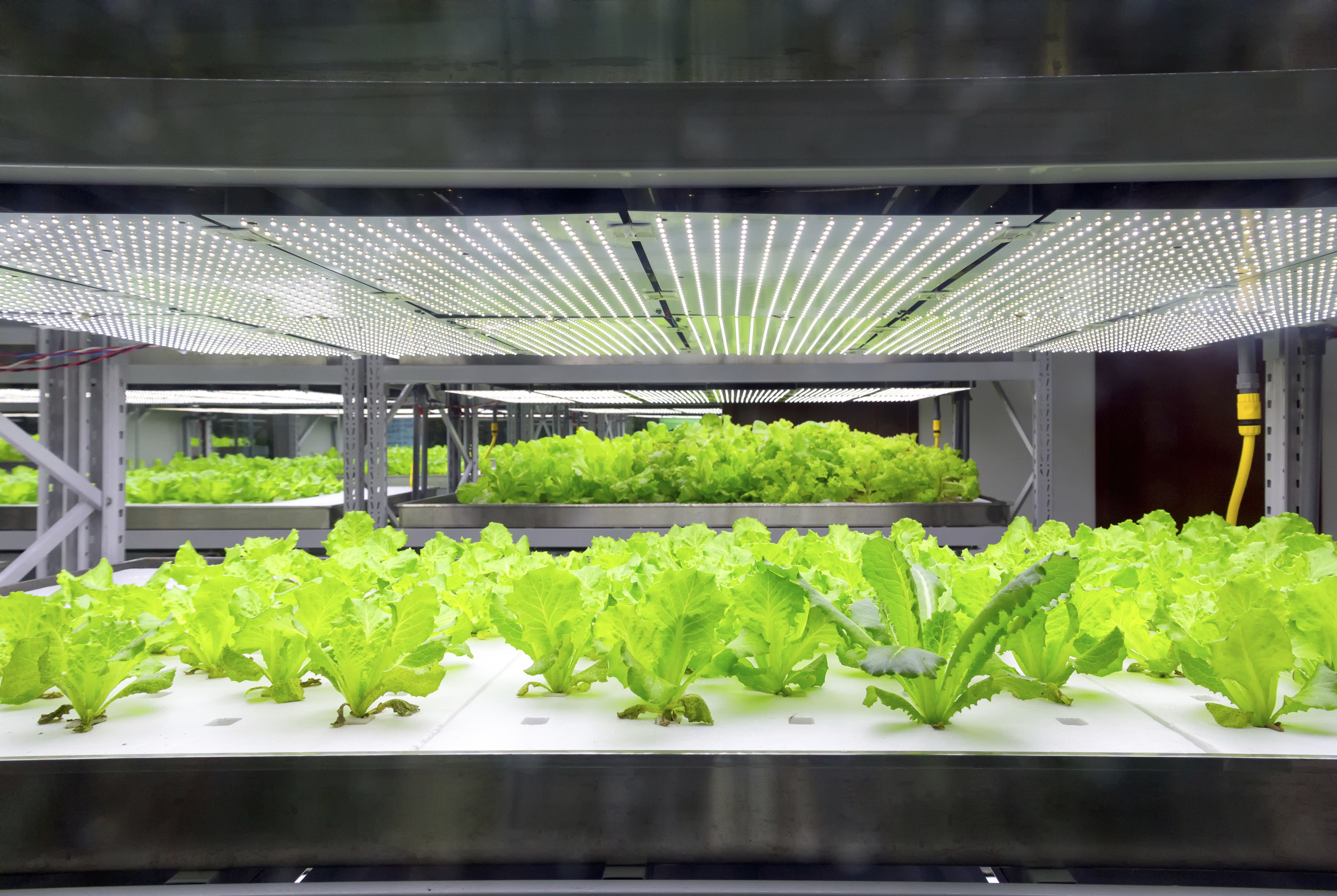
The Environment’s Impact on Our Health
We are living in an age where the environment is regularly at the forefront of our minds. Over the past half century, there has been a shift in how people interact with the environment. Natural disasters and other major environmental events have forced humans to find new ways to use natural resources we have at hand. Rapidly expanding populations; changing weather patterns and less arable land to use means that people have to invent new ways to produce food and crops to keep up with demands and expectations. Usually when these stories are reported on, the focus is on the financial burden of a changing environment and the possibility of running out of some natural resources. However, human health may also be impacted by how the environment is used today and it’s possible we will not know the full effect until many years down the line.
Is GMO Safe?
The answer is probably yes but it may be too soon to say for sure. The term GMO entered everyday language many years ago and today most people have an idea what it means. GMO stands for Genetically Modified Organism and it refers to any organism whose genetic makeup has been altered using genetic engineering technology. Crops and plants are the organisms we most commonly hear have been genetically modified but mammals and fish can also be modified in this way. GMOS are not just used in food production; they are also used in the production of medications and in the research of medical treatments.
The GMO food industry is regulated but there are claims that not enough research has been done in to the long-term effect of consuming GMOs. Some argue that GMOs in food are a necessary evil as without GMOs, it would not be possible to grow enough food to feed a growing global population. As it stands, we can only refer to GMO risks as potential risks. The transfer of non-human genes to humans and allergies are often cited as the main concerns about GMOs but there is no concrete evidence to support these claims. The public should rest assured that the produce they buy in a store has passed tests confirming it is fit for human consumption. In fact, people may be surprised to hear that they have been eating GMOs without incident for much longer than they realize. The public has no reason to be concerned about the impact of GMOs on their health so feel free to continue eating your favorite foods!
Free Range vs. Cage
The free range or cage debate has raged on for years and is unlikely to end anytime soon. The free range farming method allows animals to spend time roaming outdoors and receive some sunshine and exercise, usually in a fenced-in enclosure. Caged, or battery farming, involves housing animals in rows of identical cages, offering the animals very little mobility or fresh air and sunlight.
Concerns about battery farming usually circle around the welfare of the animals. Chickens are the animals most commonly battery farmed and the effect this style of farming has on their health is well documented. Caged chickens often display extreme aggression and even cannibalism which is not seen in free range chickens. Battery farming also impacts the environment. Battery farms often store animal waste in large open-air lagoons which are prone to leaks or spills which contaminate the surrounding land and water. The methane gas from animal waste is also contributing to air pollution and global warming.
Eating eggs from caged birds has an impact on human health too. Caged eggs have a lower nutritional value than free range eggs. They contain more fat and cholesterol and lower levels of some vitamins and fatty acids. Caged chickens also ingest more antibiotics, pesticides, hormones and the feces of other birds than chickens who are allowed outside. That’s pretty gross and probably not something you want to be consuming indirectly. Whenever possible, buy and eat only free range eggs but be wary of labeling. Sometimes, brands will use misleading language on their egg cartons so what you are putting into your body may not be what you think it is.
Organic Fruit & Vegetables
Some people swear they can tell the difference between an organic piece of fruit and a non-organic piece. Is this really possible? The truth is most studies cannot prove that organically grown produce tastes and better than non-organically grown produce. However, there is some evidence to support that organic food may be better for our health. The same factors that make organic farming good for the environment may also benefit human health. Organic farming was designed to limit pollution so organic farmers don’t use conventional farming pesticides or weed killers. Therefore, eating a non-organic piece of produce increases your chance of ingesting some of these chemicals.
Some research claims that organic produce contains a higher concentrate of some essential nutrients than non-organic produce. Organic food also contains more antioxidants which have been linked to a lower risk of developing cancer. If you are unable to buy organic produce when shopping, there are some foods that are clear of poisonous chemicals and safe to eat if they are non-organic. Examples include mushrooms, avocado, cantaloupe, grapefruit and carrots. On the flip side, there are some foods that experts say we should only eat if they are organically grown. Softer foods like grapes, raspberries, strawberries and spinach tend to absorb and hold on to greater amounts of pesticides than other foods.
This is just the tip of the iceberg when it comes to the environment and health. Earth Day is a reminder to us all that there is nearly always something more we could be doing to protect our environment and our health.
Feeling better about your health or fitness shouldn’t be a chore. If you ever need some extra support, come by BEFIT to speak with one of our trainers or simply fill out a Free Consultation Request by clicking the link and a fitness professional will reach out to you within 24 hours.













Leave a Reply